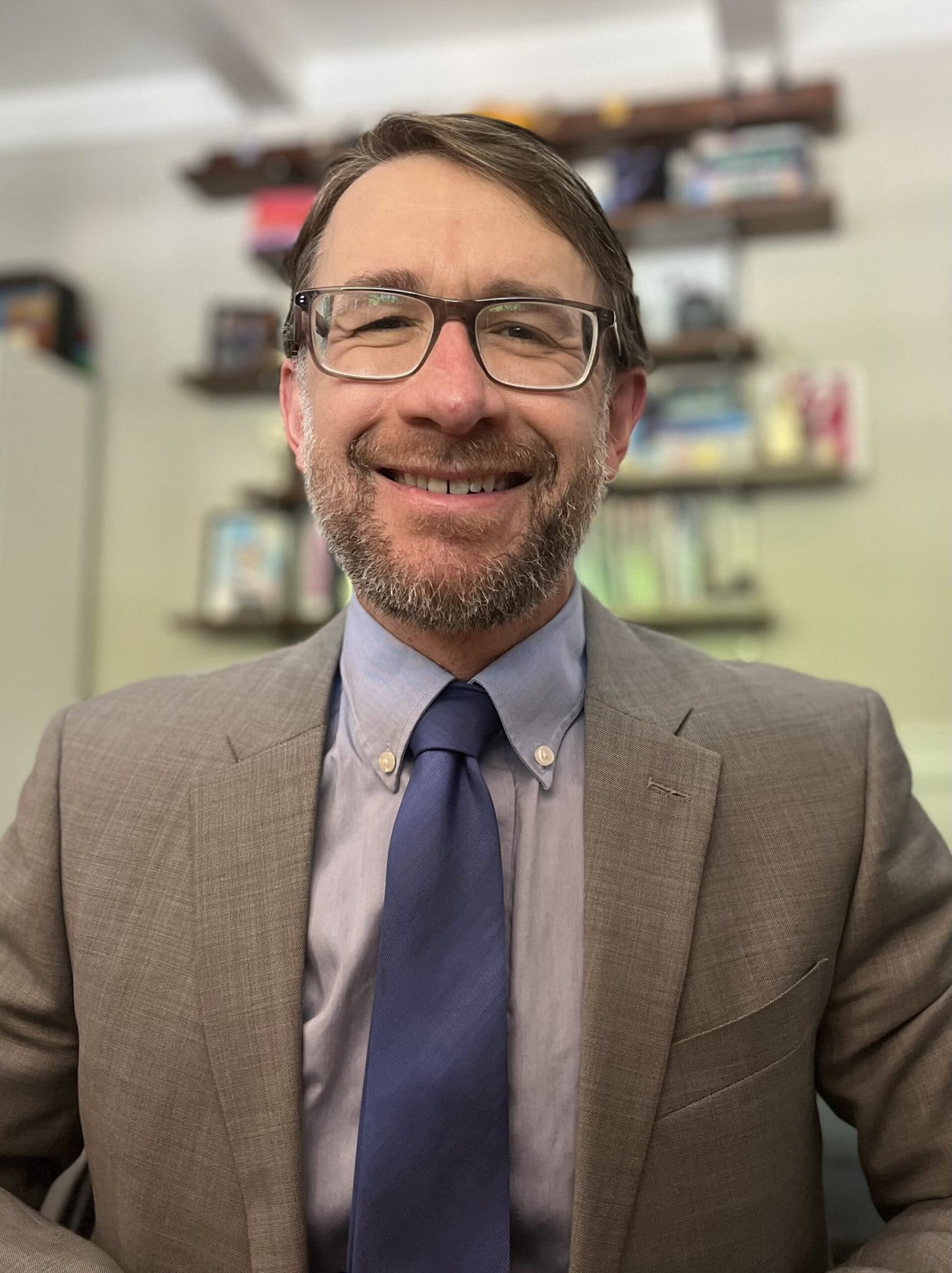-
 Senior Assistant Attorney General, Appellate DivisionOregon Department of Justice
Senior Assistant Attorney General, Appellate DivisionOregon Department of Justice
On May 5, 2023, the Oregon Supreme Court issued a significant opinion affirming the Attorney General’s authority under Oregon’s Unlawful Trade Practices Act (UTPA) to take enforcement action against false and misleading marketing. State ex rel. Rosenblum v. Living Essentials, LLC, 371 Or. 23 (2023). The case is a long-running action against Living Essentials, makers of 5-hour ENERGY, the 2-ounce energy drink sold at gas stations and convenience stores nationwide. Oregon alleged that Living Essentials violated the UTPA by making false and misleading claims about the effects of the non-caffeine ingredients in 5-hour ENERGY.
Following a lengthy bench trial, the trial court entered a verdict for Living Essentials, but in doing so, the court added an element to the UTPA that required the state to prove that any false or misleading claims were material to consumer purchasing decisions. The state appealed, and the Oregon Court of Appeals affirmed the trial court’s decision to include a materiality requirement because, without that element, the court believed the UTPA would violate the free speech clause of the Oregon Constitution. The state petitioned for review, asking the Oregon Supreme Court to properly construe the UTPA and arguing that the state may prohibit false and misleading marketing without running afoul of the Oregon’s free speech protections.
Article I, section 8, of the Oregon Constitution is perhaps the most protective free speech clause in the country. Since the early 1980s, the Oregon courts have applied an absolutist methodology in considering whether a law violates Article I, section 8. If a law targets speech directly, the law is invalid unless it fits within a well-established exception to free speech protections that existed at the time the Oregon Constitution was adopted in 1859. There is no means-end balancing, no levels of scrutiny, and no commercial speech doctrine that permits greater government regulation. The recognized historical exceptions are common-law crimes or causes of action, including perjury, solicitation, defamation, and fraud. To fit within one of those historical exceptions, the contemporary law must be analogous to the common-law crime or cause of action. The difficult question is how analogous is the UTPA to common-law fraud.
In Rosenblum v. Living Essentials, the court held that the historical exception for fraud is very broad and allows the UTPA’s prohibition on false and misleading marketing. To reach that decision, the court first concluded that the relevant provisions of the UTPA mean what they say. They do not contain a requirement that the state prove at trial that a misrepresentation is material to consumer purchasing decisions. Instead, the state simply needs to prove that a business made false or misleading representations about its products or services.
The court then addressed the scope of the historical exception from free speech protections that applies to fraud. A claim for common-law fraud requires a plaintiff to prove falsity, materiality, knowledge of falsity, intent to deceive, reliance, injury, and causation. But under the UTPA, the state merely needs to prove that the business made a false representation about its products or services for the Attorney General to bring an action. The supreme court determined that there need not be a one-to-one correspondence with the historical cause of action for the UTPA to fall within the exception for fraud. Rather, the court concluded that the UTPA serves the same core purpose as common-law fraud and similar prohibitions on false commercial speech that existed in 1859: protecting people from the economic harm that arises from deceptive conduct in the market for goods and services. Based on that purpose—which is unrelated to suppression of detrimental ideas or messages themselves—the UTPA does not conflict with Article I, section 8.
The court’s opinion is an important one for Oregon consumers. It confirms that the Attorney General has authority to protect Oregonians from false and misleading marketing and that businesses cannot use the constitution as a shield for their unlawful conduct. Free speech is a cherished right in Oregon, and our courts properly take a hard look at laws that implicate free speech. However, nothing in the Oregon or United States Constitutions gives business the right to lie to consumers.
Following the court’s decision, this case goes back to the Oregon Court of Appeals to reach the other legal issues that the appellate court did not reach in its first opinion, including the correct standards for whether a claim is false and whether a claim is likely to confuse consumers. The Attorney General looks forward to resolving those important questions.
Other articles in this edition include:





